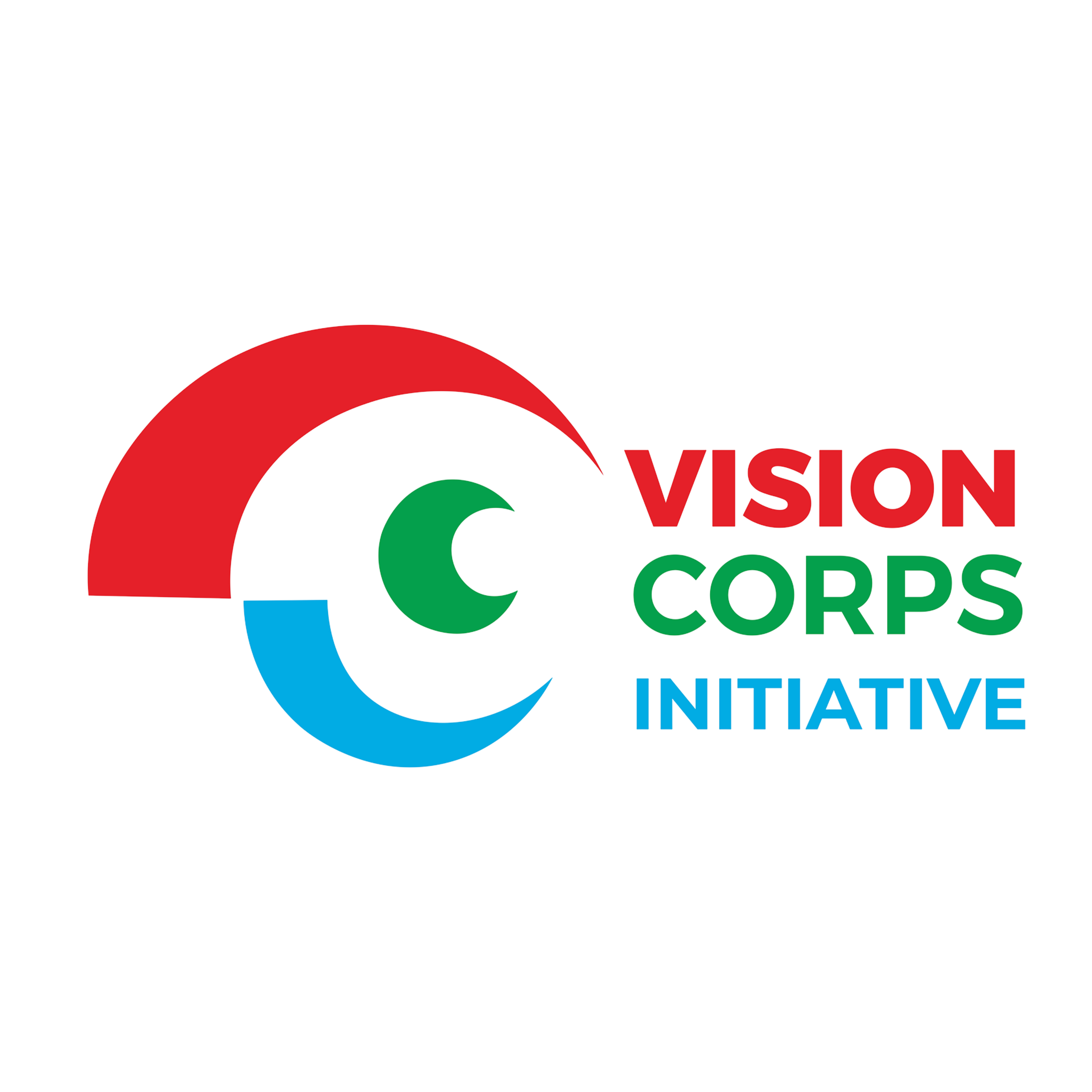What We Do
Effective governance is essential for promoting development and ensuring the delivery of basic services to citizens. We work to strengthen governance structures at local and national levels, advocating for transparency, accountability, and citizen participation in decision-making processes. This includes initiatives such as civic education, training for government officials, and support for civil society organizations to engage with policymakers.
Security challenges, including crime, terrorism, and violence, can undermine efforts for peace and development. we
collaborate with local authorities, communities, and other stakeholders to address security threats through various means,
such as community policing initiatives, youth empowerment programs to prevent radicalization, and efforts to enhance the
capacity of security forces while promoting respect for human rights.
Education for all can help safeguard against violence, abuse, and exploitation. Child or adult, a person with an education has an opportunity to a future that would not be possible without an education. A woman with an education has higher earning potential and healthier children, and the more education that a person gains, the more opportunities become available. VCI have built classes and toilets for 10 schools in Badhadhe and Kismayo district. 69,500 school going children/Adults have benefited from the project in last 2 years.
The Vision Corps Initiative (VCI) is actively engaged in multifaceted health, nutrition, and WASH (Water, Sanitation, and Hygiene)
projects in the Lower Juba region of Somalia with Medair (BHA funded), with a specific focus on polio eradication and health initiatives in the Gedo
region with core group (USAID & BMGF) as the main partner. VCI’s efforts extend to addressing the unique challenges of nomadic populations in the Gedo region through a dedicated nomadic polio project under Global Health Development and Center for Disease Control and Prevention (CDC). Additionally, VCI is involved in the Zero Dose Polio project in the Dadaab region of Kenya, aiming to mitigate the risk of polio outbreaks in this area. These initiatives align with the organization’s commitment to promoting comprehensive health
and well-being, particularly in regions facing complex health and environmental challenges. VCI’s work reflects a holistic approach that integrates vaccination campaigns, community outreach, and WASH activities to address the specific health and nutrition needs of the populations in these regions, demonstrating a concerted effort to combat disease and improve overall health
outcomes.
VCI works to support the implementation of humanitarian and developmental WASH projects and interventions aimed at reducing
health risks in affected populations. VCI offers specialised technical support and conduct situational analyses in the target location
areas. Our WASH interventions are approaches in WASH that are implemented in integrated approaches while addressing emerg-
ing issues aimed at ensuring sustainability through innovations.
Somalia’s land-based livelihood systems are heavily dependent on the state of the ecosystem. To mitigate negative effects of
hazards on Agriculture (farming, livestock, and fishery), VCI promotes the development of Natural resource management plans and
techniques to improve soil and water quality, reduce soil erosion, increase water retention and enhance pest and disease control
including cash for work reseeding, tree planting, pruning & development, rehabilitation, upgrading of erosion control and water
management infrastructures with various communities in Somalia.
VCI
Conservation and Natural resource management

